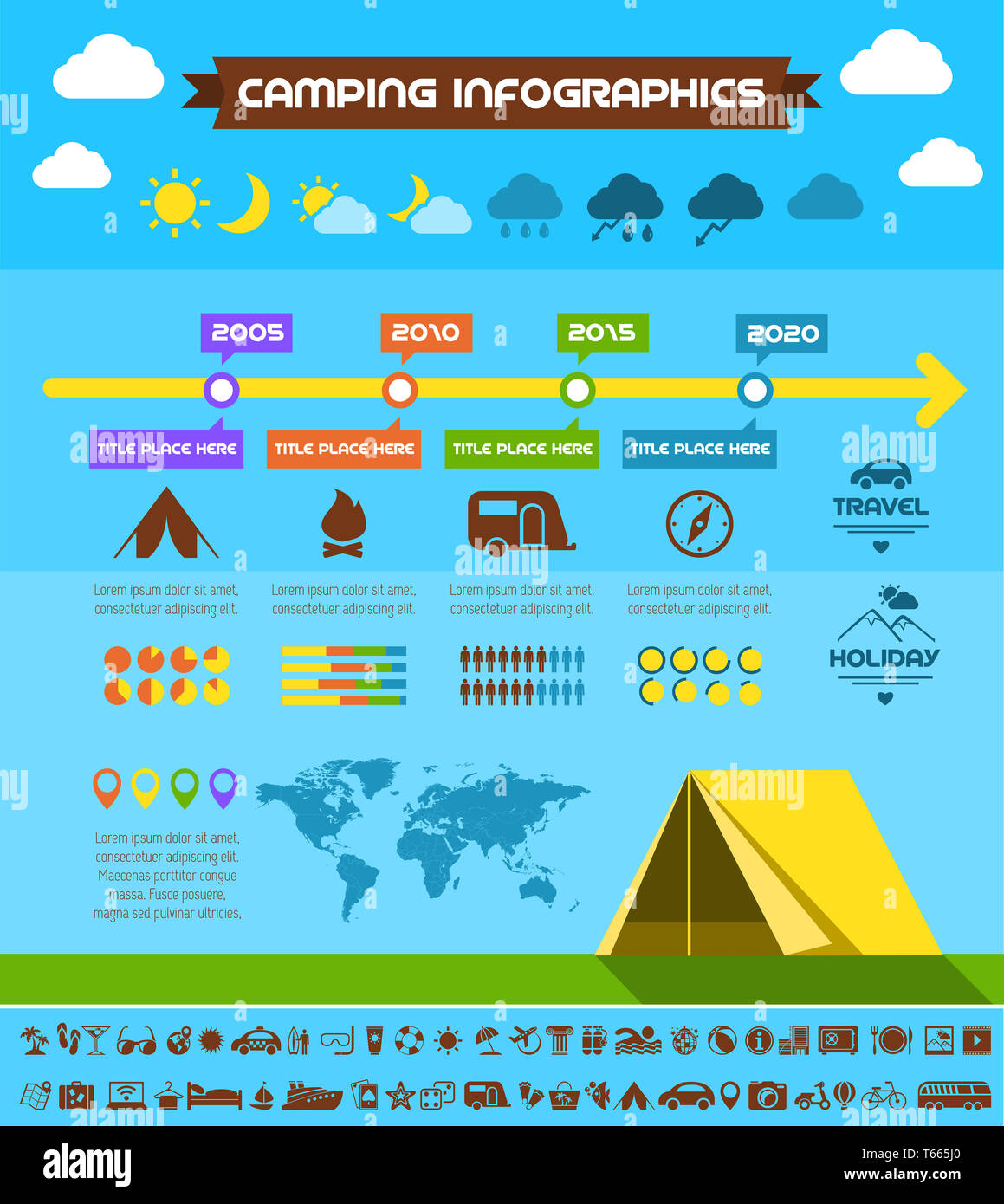Customer Service Matters Brand Support Comparisons
Advantages and disadvantages of Vinyl Vs. Canvas Camping Tent FloorsWhile lots of campers concentrate on an outdoor tents's cover to shield them from rainfall, snow, and pests, the outdoor tents flooring is just as vital. A top quality flooring supplies defense from standing water, soaked mud, and sharp rocks.
At White Duck Outdoors, we provide free-floating vinyl floorings that are customized to every outdoor tents size. This enables you to choose a floor lining or use your very own canvas tarp as a liner.
Durability
There are different kinds of floorings offered for wall surface tents. Free-floating floors are different items that you lay on the ground before developing the outdoor tents, making them easy to set up. A sewn-in flooring is a little bit much more challenging, yet it offers exceptional defense from water and bugs.
Nevertheless, the very best alternative is a tent floor lining. A lining is thick and forces any water or insects to go under the flooring rather than through openings in the camping tent. It additionally lowers the amount of dirt that gets in the outdoor tents, making it simpler to clean up and keep.
All White Duck Outdoors wall surface tents include a free-floating floor consisted of, so you do not need to worry about buying and setting up one independently. We recognize the importance of being able to personalize your area and make camping more satisfying. The free-floating flooring makes the outdoor tents easier to carry, clean and store, luxuries that sewn-in or 3/4 floors don't supply.
Weather condition Resistance
When picking a safety cover for commercial or logistical objectives, weather resistance is often an essential element. Canvas tarps are typically made from natural materials, while vinyl tarps feature advanced polymer engineering. This difference in composition results in significantly different performance qualities, maintenance requirements, and suitable applications.
Vinyl tarpaulins are suitable for long-term commercial protection because of their sturdiness, water resistant functions and chemical resistance. They likewise provide good UV protection and are lighter than canvas tarps. These residential or commercial properties make them the preferred choice for covering equipment and creating short-lived frameworks.
Easy Upkeep
The sturdiness of vinyl floors and their resistance to damage translates right into very little maintenance requirements. Wipe-downs with mild soap and water suffice to maintain them looking clean, while stubborn stains can often be gotten rid of without much initiative.
In contrast, canvas covers are more likely to absorb dampness gradually, leading to mold and mildew growth otherwise effectively dried out or treated. Furthermore, they might need more frequent waterproofing therapies to keep their safety homes.
Additionally, a woven fabric like cotton is prone to penetrating and tearing in time, making it more at risk to harm from sharp items or abrasive surface areas. Vinyl is engineered to stand up to these dangers more effectively, positioning it as a premium option for heavy-duty defense applications. Furthermore, its synthetic parts use superior longevity and durability compared to canvas products. As a result, they typically have a reduced environmental impact in terms of manufacturing and disposal. They likewise tend to have an extra flexible weather resistance modification capability, facilitating the unification of elaborate layouts and color design.
Ecological Effect
Similar to all products, it's important to comprehend the environmental account of each material. This consists of everything from resources sourcing and production procedures to usage long life and end-of-life disposal options. This info allows services to make smarter choices that line up with sustainability objectives while satisfying functional requirements.
Sailcloth normally aligns with eco-conscious objectives due to its naturally degradable nature and lower production impact. Its lighter weight translates to much less storage and transport needs. Its minimized maintenance demands and longer life-span even more lower overall expenditures.
Vinyl, on the other hand, relies upon artificial elements for its durability and weather condition resistance. Its chemical therapies require high energy input. Plastic's non-biodegradable properties better complicate recycling and waste monitoring protocols. Nevertheless, it does give exceptional waterproofing and UV deterioration resistance to outside environments.
